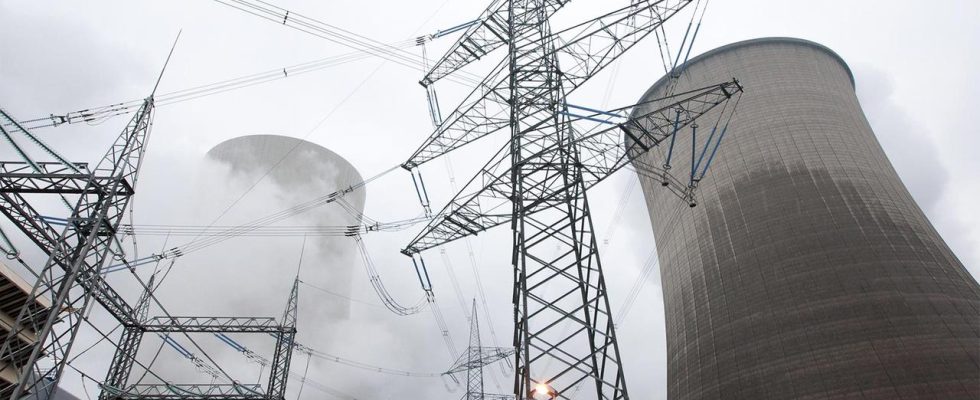The Federal Network Agency is planning new fee rules for energy networks in order to promote investments. This could mean higher network fees for gas – and thus rising prices for consumers.
Consumers may have to prepare for slightly higher network charges in their gas bills in a few years. The Federal Network Agency today published a key points paper on the regulation of energy networks, which, among other things, proposes new rules for calculating fees.
Burdens should be better distributed
The Federal Network Agency plays a key role in expanding the electricity and gas networks. Among other things, it determines the extent to which operators can pass on investments in new or existing systems to customers – via the so-called network fees. According to the comparison portal Verivox, these have so far accounted for just over 16 percent of the total gas price for private households.
Because in times of energy transition the demand for gas will decrease and power supplies will likely have to be shut down, the Federal Network Agency is planning to shorten the depreciation period for investments. In the coming years, network operators should be able to pass on higher costs to network fees than they are allowed to do under current rules.
The logic behind it: There are still a lot of gas customers to whom the financial burden is distributed. However, if the current very long-term depreciation period remained, the network operators would only be able to claim part of their costs when there are hardly any gas consumers left. According to the authority, this could overwhelm the few remaining customers, meaning that network operators would be stuck with part of their investments.
Single-digit euro increase expected
If the proposal is implemented, the network agency expects a monthly increase in gas network fees per household in the single-digit euro amount. Consumers will probably not feel the financial consequences until 2026 – if it even gets that far.
Nothing has been decided yet. The key points and the 15 associated theses should first be discussed with the industry, civil society, politics and science. The Federal Network Agency is inviting people to an initial exchange on February 2nd.
The new regulations would be of great importance for the energy industry. Because it’s not just about natural gas, where some of the networks can be converted for hydrogen, but also about electricity. The need for investment in the power grids is particularly huge in view of the energy transition – expansion, conversion and digitalization are expensive.
High costs for Electricity network operator
While 5.2 billion euros were invested in the German electricity grid in 2013, last year it was more than twice as much at 11.5 billion euros. According to a rough estimate by the Network Agency, the total investment requirement for the electricity networks could be around 450 billion euros by 2045.
The network operators are making considerable efforts to overcome the challenges of the energy transition, said network agency boss Klfrom Müller. “We want to support them even more.” To this end, the regulators are also aiming to generally streamline the current rules.
“Over the years, fee regulation has developed into a thicket of regulations comparable to tax law,” says Müller. This should be changed so that the rules become simpler and less bureaucratic. The authority also wants to shorten the regulatory periods from five to three years in order to take changes in costs into account more quickly.
Network agency should be more independent
When asked whether the new requirements will lead to a greater increase in network fees not only for gas but also for electricity, Müller said: “No, we do not expect network fees to increase as a result of these measures that we are discussing today.” Rather, they are an incentive to expand the power grid more quickly and digitize it more quickly, which could save costs.
The background to the plans is a ruling by the European Court of Justice (ECJ) in 2021, which called for greater independence for the Federal Network Agency. Regulations set by the government that regulated the calculation of said network fees were deemed to be contrary to European law. Instead, the Federal Network Agency must now independently initiate so-called determination procedures in which it must not be politically influenced.

